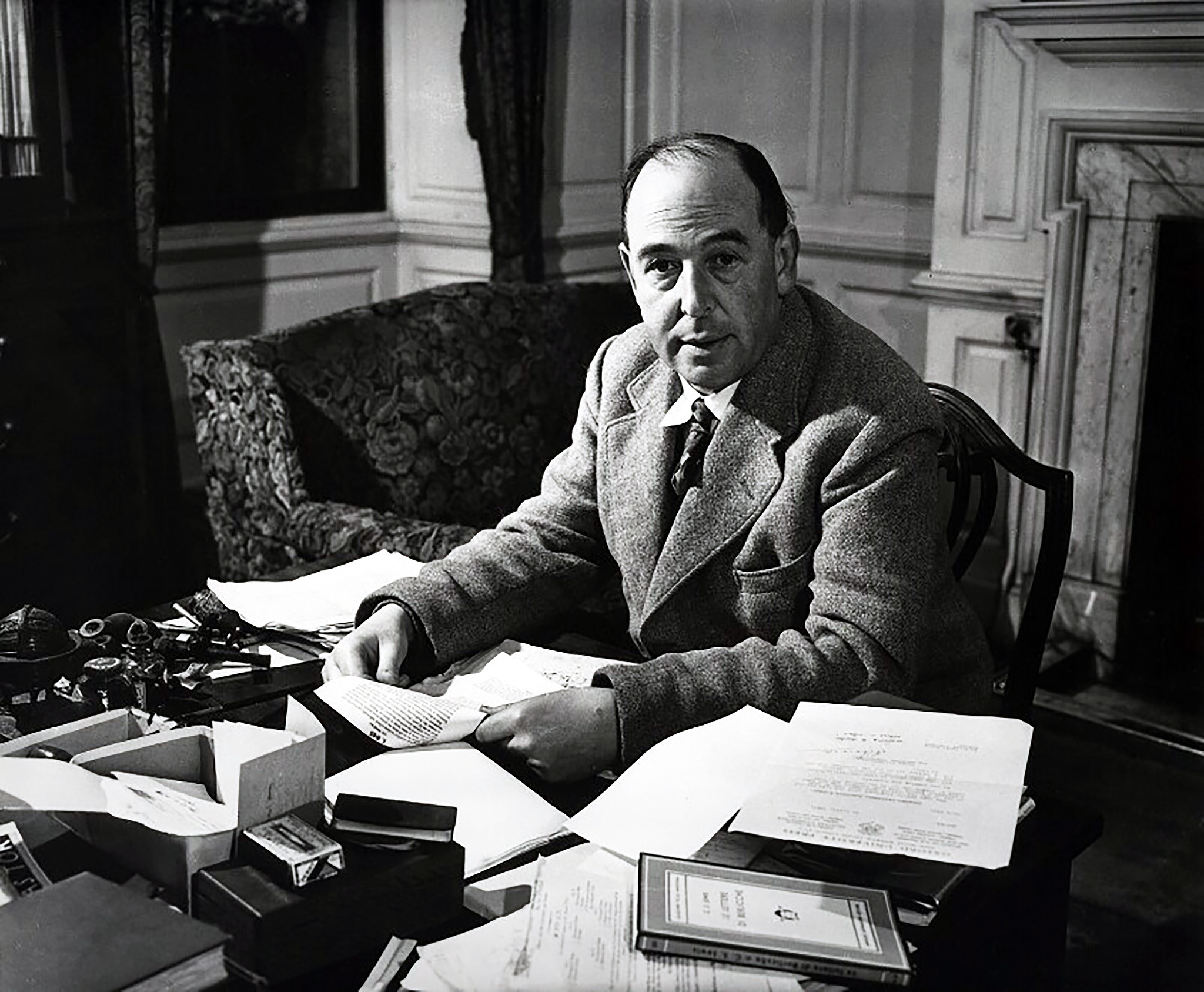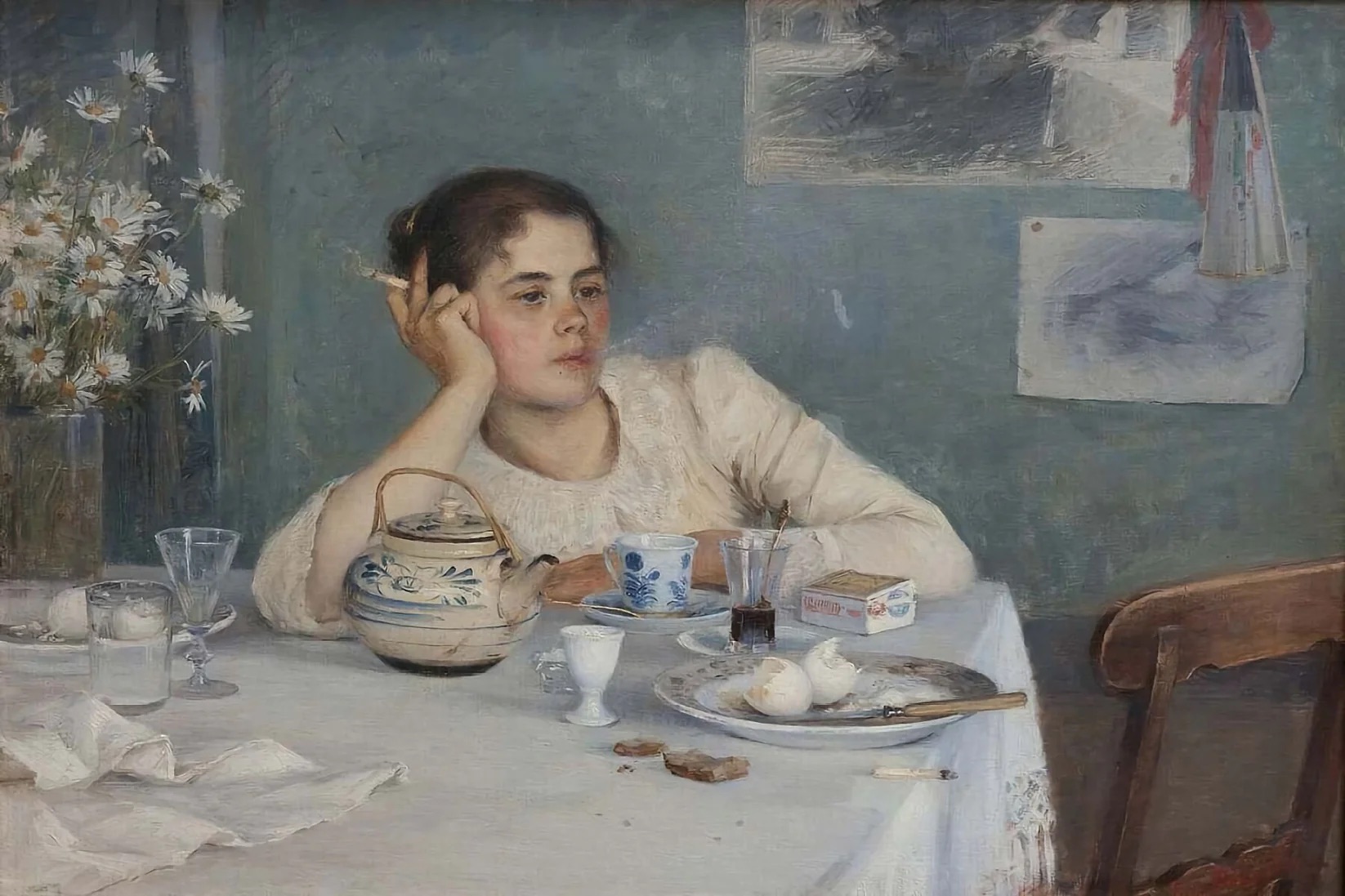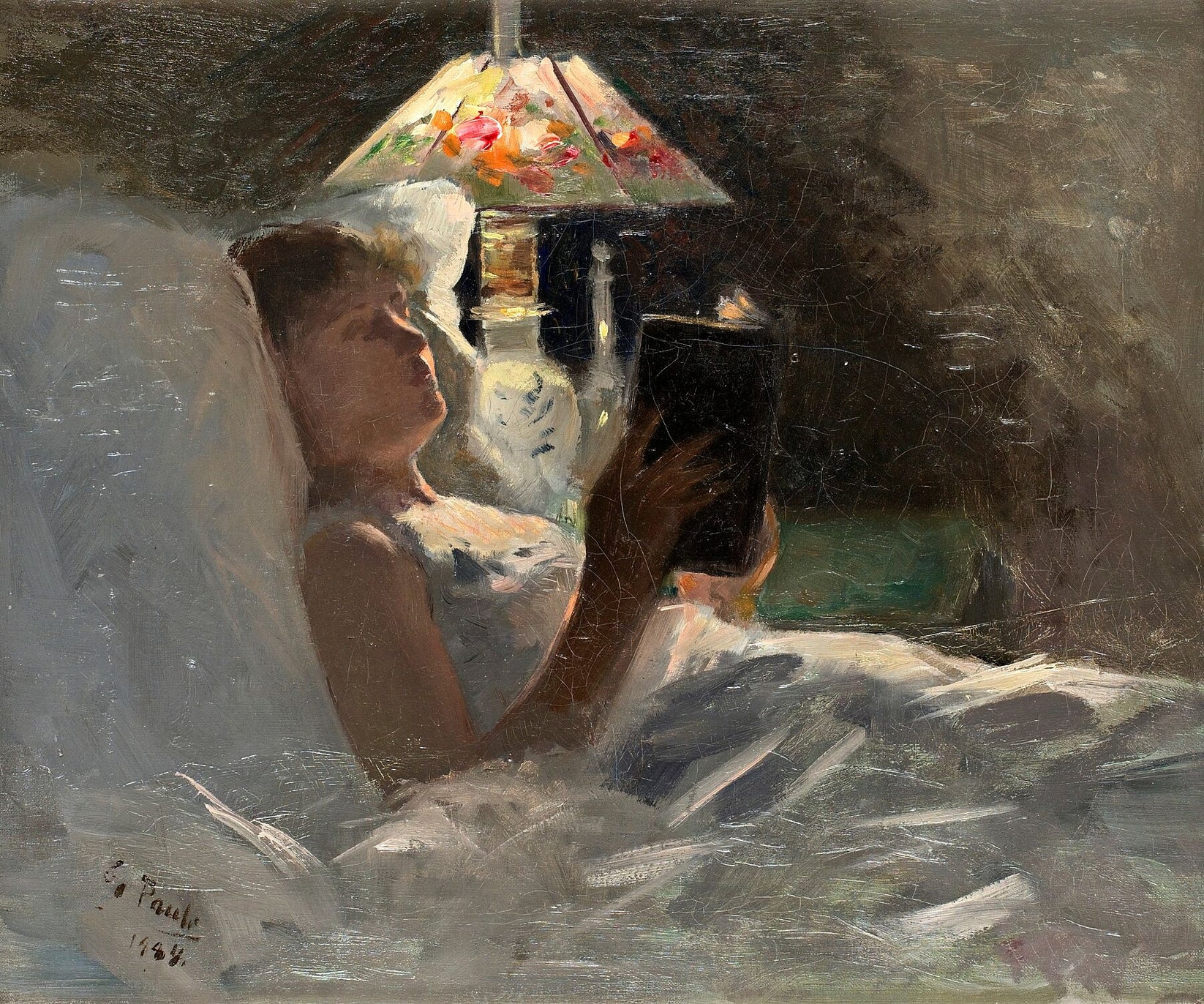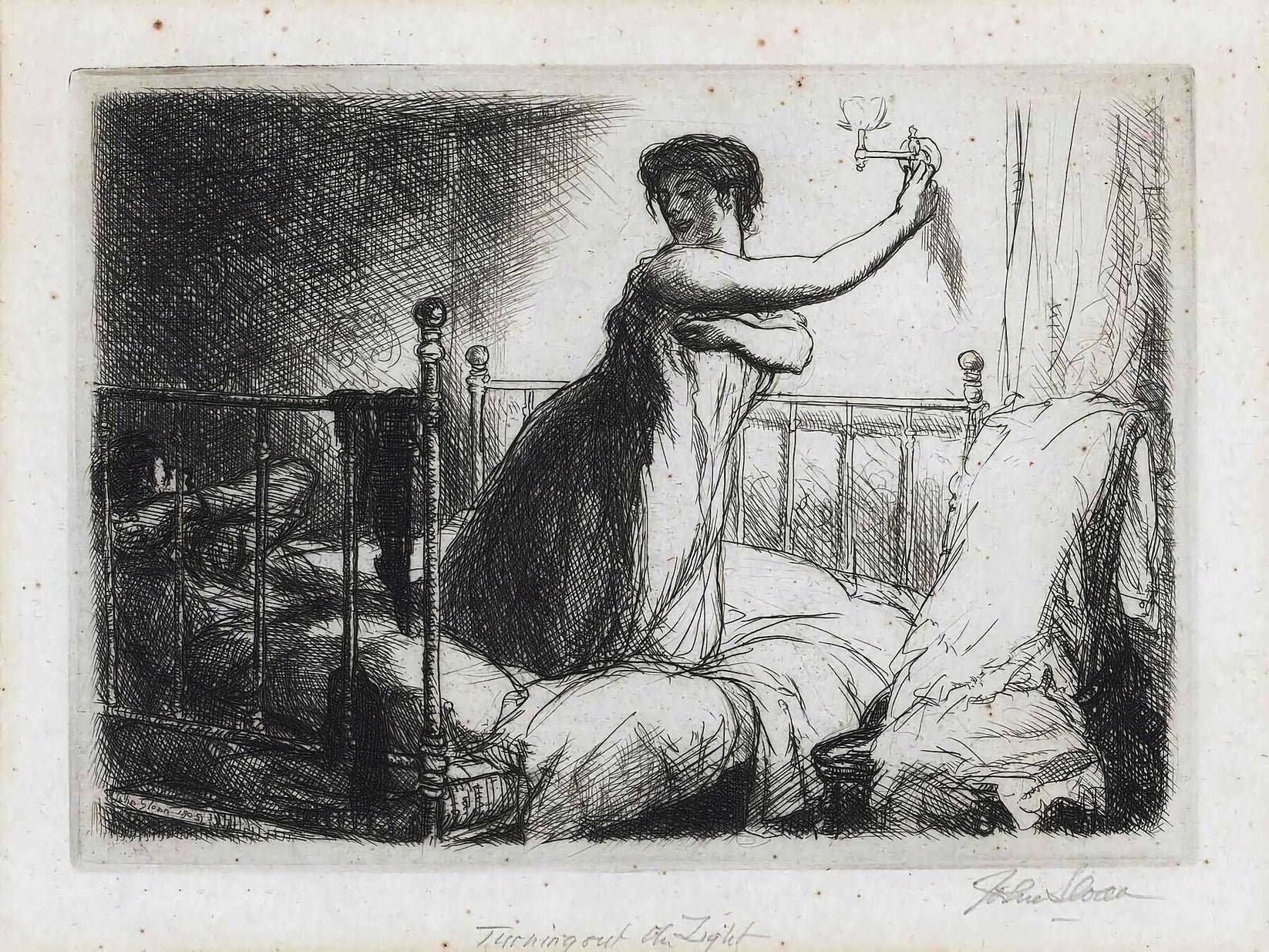“I am a product of long corridors, empty sunlit rooms, upstairs indoor silences, attics explored in solitude, distant noises of gurgling cisterns and pipes, and the noise of wind under the tiles. Also, of endless books.”
― C.S. Lewis

In his 1955 book Surprised by joy : the shape of my early life, the writer C.S. Lewis (29 November 1898 – 22 November 1963) shares his daily routine, Lewis wrote more than 30 books, but is best known as the author of The Chronicles of Narnia. This book tells of Lewis’s intellectual journey from Atheism to Christianity, and how what he felt to be “Joy” led him there. The book is not a “general autobiography”, as he says in the preface, bit it nonetheless reveals details about his daily life:
The Morning Rituals:
“[I] settled into a routine which has ever since served in my mind as an archetype, so that what I still mean when I speak of a “normal” day (and lament that normal days are so rare) is a day of the Bookham pattern. For if I could please myself I would always live as I lived there. I would choose always to breakfast at exactly eight and to be at my desk by nine, there to read or write till one. If a cup of good tea or coffee could be brought me about eleven, so much the better. A step or so out of doors for a pint of beer would not do quite so well; for a man does not want to drink alone and if you meet a friend in the taproom the break is likely to be extended beyond its ten minutes. At one precisely lunch should be on the table…”
The Afternoon Walk:
Lewis enjoyed walking, which should not be accompanied by noise, a challenge to Lewis who was, in his won word, “an intolerable chatterbox”:
“By two at the latest I would be on the road. Not, except at rare intervals, with a friend. Walking and talking are two very great pleasures, but it is a mistake to combine them. Our own noise blots out the sounds and silences of the outdoor world; and talking leads almost inevitably to smoking, and then farewell to nature as far as one of our senses is concerned. The only friend to walk with is one … who so exactly shares your taste for each mood of the countryside that a glance, a halt, or at most a nudge, is enough to assure us that the pleasure is shared.”
This, Lewis writes, is not the kind of walking that gets you to an appointment on time. Indeed, elsewhere he laments how faster forms of transport that tap into our yearning to be somewhere else and experience what we think as the exotic come at the detriment to the kind of walking that lets the mind wonder:
“The truest and most horrible claim made for modern transport is that it “annihilates space.” It does. It annihilates one of the most glorious gifts we have been given. It is a vile inflation which lowers the value of distance, so that a modern boy travels a hundred miles with less sense of liberation and pilgrimage and adventure than his grandfather got from traveling ten. Of course if a man hates space and wants it to be annihilated, that is another matter. Why not creep into his coffin at once? There is little enough space there.”
A Restorative Teatime:
Lewis loved tea, observing: “You can never get a cup of tea large enough or a book long enough to suit me.”
The return from the walk, and the arrival of tea, should be exactly coincident, and not later than a quarter past four. Tea should be taken in solitude…
Dinner and Reading:
Eating and reading are two pleasures that combine admirably. Of course not all books are suitable for mealtime reading. It would be a kind of blasphemy to read poetry at table. What one wants is a gossipy, formless book which can be opened anywhere. The ones I learned so to use at Bookham were Boswell, and a translation of Herodotus, and Lang’s History of English Literature. Tristram Shandy, Elia and The Anatomy of Melancholy are all good for the same purpose.
The Joy of Evening Work And Sleep:
At five a man should be at work again, and at it till seven. Then, at the evening meal and after, comes the time for talk, or, failing that, for lighter reading; and unless you are making a night of it with your cronies (and at Bookham I had none) there is no reason why you should ever be in bed later than eleven.
Lead image of C. S. Lewis at Magdalen College, 1950 via Levan Ramishvili.
Would you like to support Flashbak?
Please consider making a donation to our site. We don't want to rely on ads to bring you the best of visual culture. You can also support us by signing up to our Mailing List. And you can also follow us on Facebook, Instagram and Twitter. For great art and culture delivered to your door, visit our shop.











